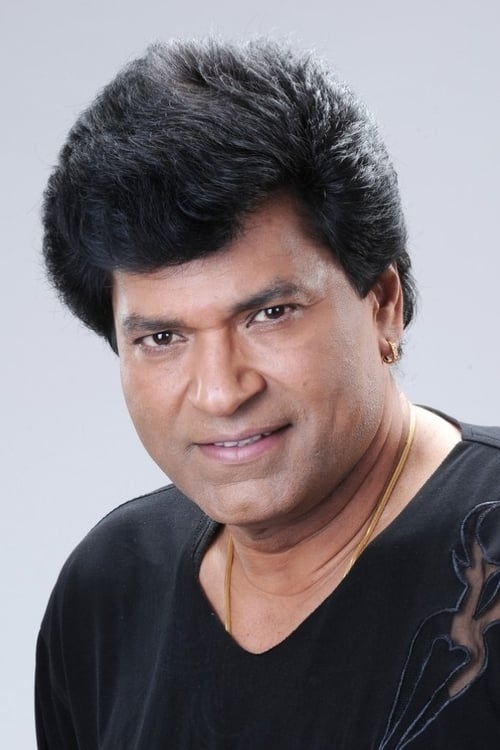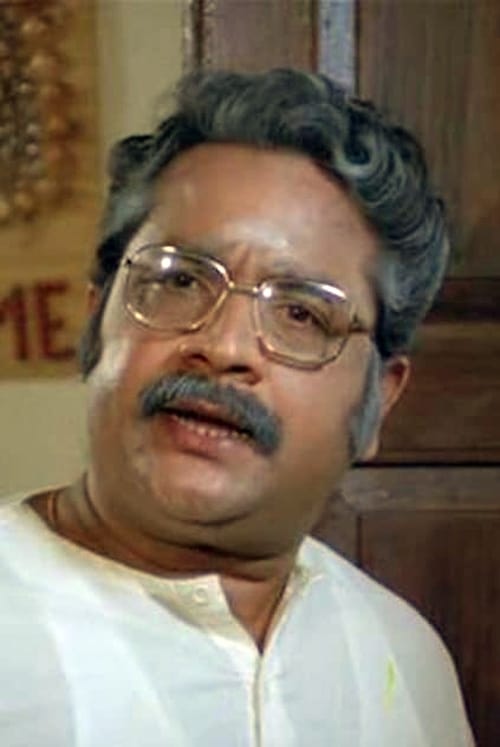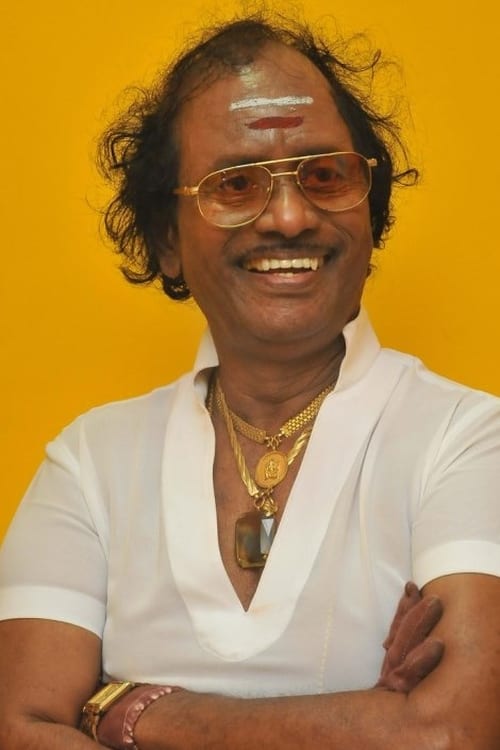Sigappu Thali (1988)
Gênero : Romance, Drama, Ação
Runtime : 2H 18M
Director : R. Thyagarajan
Escritor : R. Thyagarajan
Sinopse
Sigappu Thali is a 1988 Tamil-language Indian feature film, starring Charan Raj, Nishanthi and Saranya

Entirely shot on a mobile phone, the film evolved from chance encounters in the streets of London: Sandrine, an attractive young woman on a mission to find a husband, Steve, a seasoned beggar, struggling with addiction and and Steve's girlfriend Precious, a poet. Blurring the confines between fact and fiction. the film raises questions about the relationship between filmed and filmmaker. The closer he gets to his subjects, the more the obstruction of his camera seems to distance him from them. Ultimately People... reveals a personal and humane space that only came into existence precisely because it had been filmed.
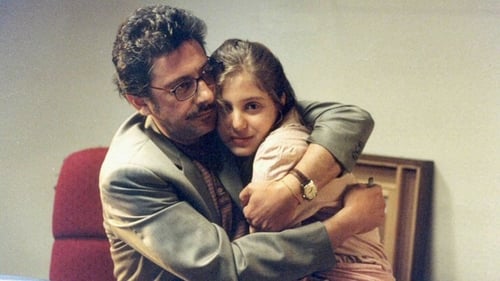
When her social-climbing father is relocated from small-town North to his native Rome, 12-year-old Caterina enrolls to his old school, finding herself in an completely different environment where students rigidly divide themselves in subcultures based on social class and their parents' political affiliation.

Winston arrives at NYU as a freshman, knowing he's gay and wondering where that fact will lead him. He falls hard for Tom, his temporary roommate who's soon to leave for L.A., and it's a big risk to express these feelings. Meanwhile, temptations and opportunities abound in the Village: sex in public toilets, uninhibited people at parties, and knowing Act-uppers. Plus, there are misinterpreted signals, like the ones Winston gets from a Moonie. With help from his hometown friend Anne, Winston keeps his equilibrium and finds the perfect place to meet someone: the Judy Garland rack at Tower Records.

O filme é uma comédia romântica que narra a história de um adorável assistente profissional de 26 anos, acompanhado de vários personagens peculiares, que procura o amor sempre nos lugares errados.

The life of a football player named Fares who goes through a lot of problems due to his lack of self-discipline with his divorced wife, job, sexual desires and football.

Zindagi Tamasha (Circus of Life) is an intimate portrait of a family, who lives in Lahore.

Second Screen follows David, a fitness influencer who begins to develop an addiction to social media. As this takes a drastic turn in order to keep his online persona intact, will he able to deal with the reality he faces in front of him?

A young man goes to a brothel for the first time. He feels uncomfortable and nervous there, until he enters the room with a beautiful woman. After a while, he realizes that his son, a few months old, has been in the room with them since their arrival.

A railroad arrives at a dreamlike place called "Hell", where different religious manifestations take place. Evangelicals preaching, Catholics at mass, groups singing and marching with instruments. Suddenly, the railroad leaves the place.

This film illustrates the struggles of Canadian prairies women to achieve a more just and humane society within the farm movement and at large. During the early 1900s, women on the prairies looked for ways to overcome their isolation. Out of the resulting farm women's organizations grew a group of women possessing remarkable intellectual abilities, social and cultural awareness, and advanced worldviews.
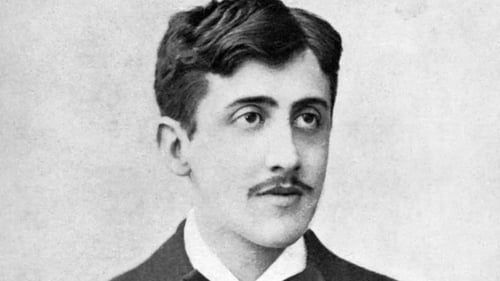
A docu-drama portrait of the early-20th-century French author Marcel Proust, based on Alain de Botton's updated analysis of his work as a modern-day self-help guide. Ralph Fiennes plays Proust, with Phyllida Law and Donald Sinden as his contemporaries, while commentators including de Botton, Louis de Bernières and Doris Lessing explain their enthusiasm for his work.

About Socio-economic conditions of countryside of Iran in 1960s.
This film recorded in village in south of fars, Shiraz, Esmaeel abad

A look back at 2020, the year of global lockdown: What was this shared solitude like for people across the world? How did people adapt as personal freedoms were curtailed and busy metropolises were turned into ghost towns?

Binary is a documentary composed of two stages: the nature and the city. It is a journey that represents the paradox of communication.

It's Thursday, the day to go to the movies in Chile. Families see in the newspapers and advertisements the films that will be shown. Everything is prepared. A man attends a function and sitting in the audience, he gets excited when he sees his favorite images and actors on the big screen. The movie ends and the screen turns off. It is time to return to reality.
